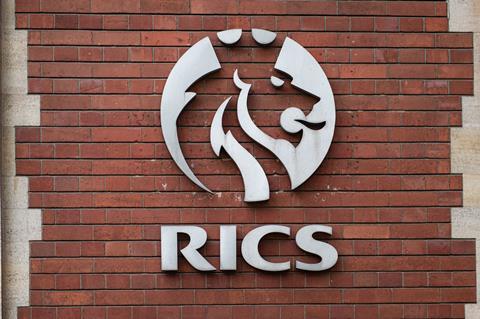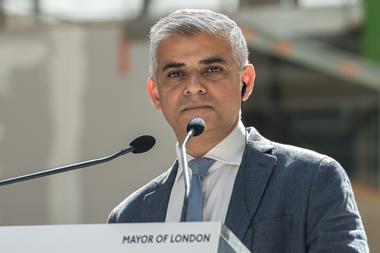The Royal Institution of Chartered Surveyors (RICS) is in “real danger of becoming detached from the community it serves” and is “no longer a member-led organisation”, members have warned in evidence submitted as part of Lord Michael Bichard’s independent review of the institution.

Today saw the Bichard RICS Review release summaries of the key issues raised in the 504 submissions of evidence it has received from RICS members and stakeholders since the review was launched in December. Reporting on his findings so far, Lord Bichard said he had heard a “consensus” of opinion from both stakeholders and members of RICS on the key issues currently facing the institution.
Speaking to Property Week, Lord Bichard said he had found a “strong appetite for change” during the call for evidence and was “optimistic that he could provide a solid base for the future” when the review is published in June.
Members believed that roles and responsibilities within the various RICS boards should be more clearly defined, and some reported concern that the Governing Body’s authority had been damaged by repeated changes to its structure over the years.
Lord Bichard was appointed back in December to lead an independent review into the governance and purpose of the RICS, a key recommendation of Alison Levitt QC’s report into the wrongful dismissal of the four RICS non-executive directors in 2019.
Relationships between staff and members also heavily featured in the evidence, with Lord Bichard stating that “many of the members I spoke to felt that power had shifted from members to senior staff to such an extent that RICS was no longer a member-led organisation”.
Many respondents felt RICS had given disproportionate attention to commercial activities “at the expense of member support”, and a decline in member engagement in recent years was also raised, leaving some members feeling short-changed by their subscription fees.
However, the House of Lords member said it was highly unlikely that his review would offer direct recommendations on membership fees or senior bonuses within the organisation.
Another point raised by respondents was the lack of diversity within RICS, where only 19% of members are women.
Lord Bichard said respondents had told him that “not enough effort was being made to increase diversity in the profession, the RICS staff team or its governance structure”, adding there was a “real danger that RICS becomes detached from the communities it serves”.
Other key issues raised during the call for evidence complaints from UK members who felt RICS’ global expansion had become its “dominant purpose” at the cost of poor service in the UK, while members outside the UK also said the felt they got little value for money.
Setting and assuring standards was seen to be key to RICS’ purpose by respondents, and some felt the standards and guidance offered were “were no longer as relevant in the market as they could be”.
Lord Bichard’s independent review is on track to publish its findings in early June.





























No comments yet